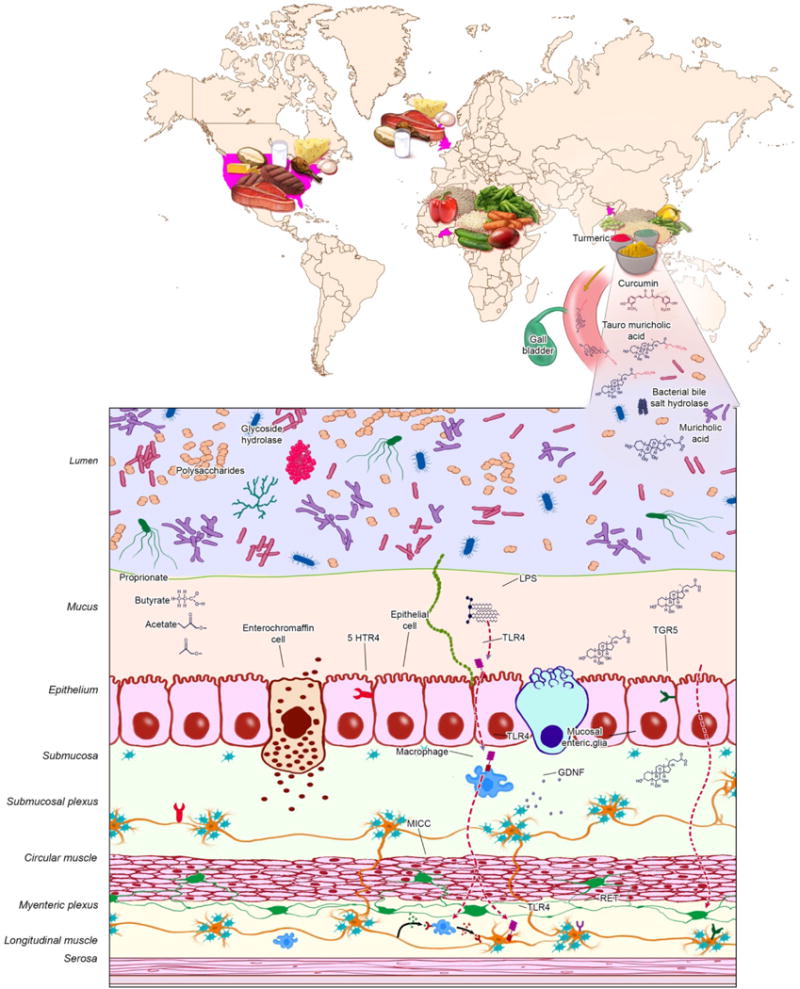Figure 1. Microbiota-mediated pathways that affect GI transit.

Diet–gut microbiota interaction results in a large array of metabolites. In the presence of dietary turmeric, gut microbial communities with high bile-salt hydrolase activity make higher amounts of unconjugated bile acids, which influence enteric nervous system signaling and lead to faster GI transit. Dietary fermentation by gut microbiota results in formation of short chain fatty acids which affect GI motility by effects on gut neuromuscular apparatus and the host serotonergic pathway. LPS and other bacterial products are implicated in improving neuronal survival as well as affecting enteric neuron–muscularis macrophage crosstalk. Gut microbiota are required for the post-natal development and generation of new enteric glia. LPS, lipopolysaccharide; GDNF, glia derived neurotrophic factor; TLR-4, Toll like receptor 4; 5HTR, 4 5-hydroxytryptamine receptor-4; ICC, interstitial cells of Cajal.
